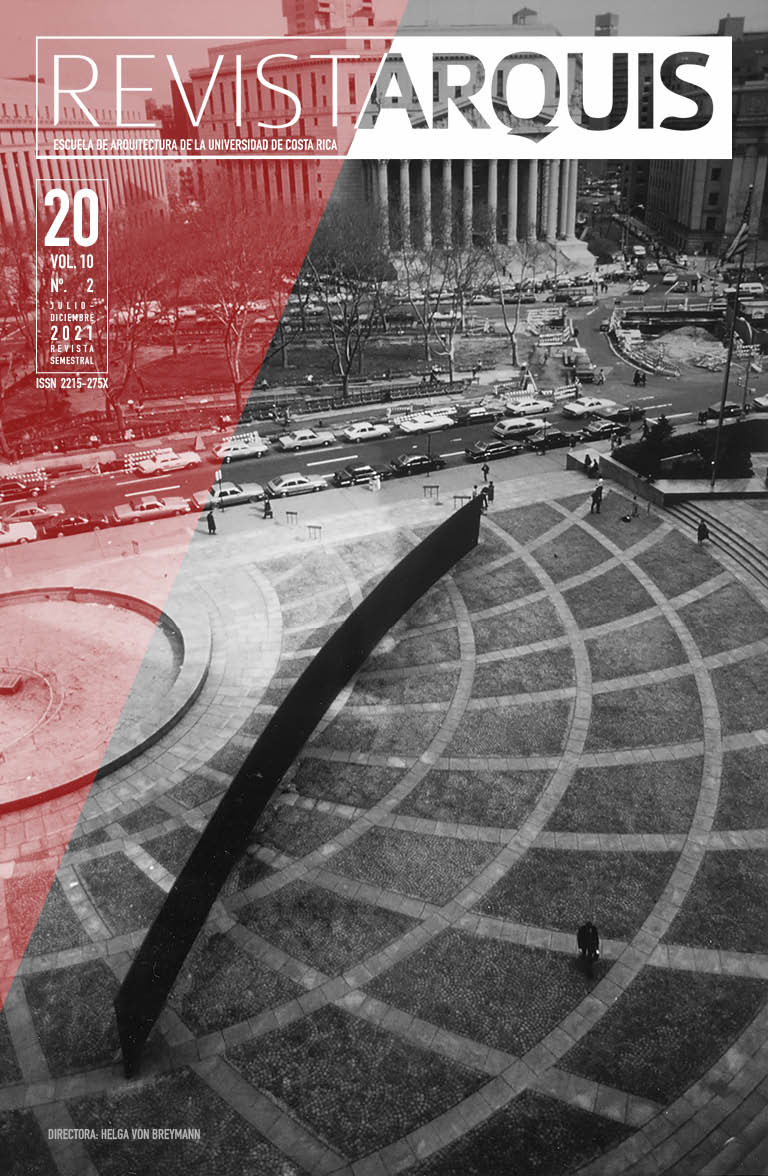Abstract
The development of capitalism has turned cities into merchandise, making it increasingly difficult to inhabit them. In this sense, social movements act as mobilizers of a society that claims what is its own, that demands to be able to live, enjoy and actively interact in the spaces that surround it. This article focuses on the description of the effects of the squatting movement understood as a process of social intervention in the urban environment. Through the appropriation of empty spaces, the squatter movement intervenes in the construction of relationships and support networks maintained by the people who inhabit and participate in those places. The results show us that through direct interaction and a horizontal organization, without hierarchies, it is possible to provide people with tools and processes to inhabit their neighborhoods and superimpose the value of use and experience to the value of exchange. Thus, the conclusions make it
possible to make visible how a social movement such as squatting can become an instrument of urban
intervention, while emphasizing the importance of self-management and direct social action for people to
organize, self-manage and act about the environment they want to inhabit.


